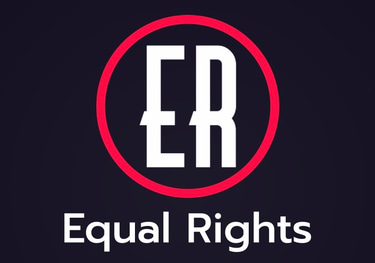Unpacking Systemic Racism:
Understanding Its Roots & Impact Today
Kylo B
5/6/2024
Unpacking Systemic Racism: Understanding Its Roots & Impact Today
Systemic racism is a pervasive and deeply ingrained issue that continues to shape societal structures and outcomes for marginalized communities.
To address this complex phenomenon, it is essential to explore its historical roots and understand its present-day impact on individuals and society as a whole.
Historical Context
The roots of systemic racism in the United States can be traced back to centuries of slavery, segregation, and discriminatory policies targeting Black, Indigenous, and People of Color (BIPOC) communities.
From the institution of slavery to Jim Crow laws and redlining practices, systemic racism has been woven into the fabric of American society, perpetuating inequality and injustice.
Structural Inequities
Systemic racism manifests through structural inequities that disadvantage BIPOC communities in various aspects of life:
Education: Disparities in funding, resources, and opportunities contribute to unequal educational outcomes for BIPOC students.
Employment: Discriminatory hiring practices, wage gaps, and limited career advancement opportunities hinder economic mobility for BIPOC individuals.
Healthcare: BIPOC communities experience higher rates of health disparities, including limited access to quality care and disproportionate health outcomes.
Criminal Justice: Racial profiling, harsh sentencing, and disparities in policing contribute to the overrepresentation of BIPOC individuals in the criminal justice system.
Modern-Day Impact
Despite proghress in civil rights legislation, systemic racism persists and manifests in subtler forms:
Microaggressions: Daily encounters with implicit bias and microaggressions perpetuate feelings of marginalization and exclusion.
Institutional Policies: Biased policies and practices within institutions sustain systemic racism, perpetuating disparities and limiting opportunities for BIPOC individuals.
Media Representation: Biased media portrayals and stereotypes contribute to the perpetuation of harmful narratives about BIPOC communities.
Intersectionality
Systemic racism intersects with other forms of discrimination, such as sexism, homophobia, transphobia, and ableism, creating compounded barriers for individuals with intersecting marginalized identities.
Addressing Systemic Racism
Effectively addressing systemic racism requires comprehensive strategies:
Policy Reform: Implementing anti-racist policies and practices that dismantle discriminatory systems and promote equity.
Education & Awareness: Fostering dialogue, education, and awareness to challenge biases and promote understanding.
Community Empowerment: Supporting grassroots initiatives and community-led efforts that empower BIPOC communities and amplify their voices.
Accountability: Holding institutions and policymakers accountable for addressing systemic racism and promoting transparency and equity.
Unpacking systemic racism requires a deep examination of its historical roots and present-day impact on individuals and society.
By acknowledging and addressing systemic inequities, advocating for policy reform, fostering education and awareness, and empowering affected communities, we can work towards dismantling systemic racism and creating a more just and equitable society for all.
It is imperative that individuals and institutions commit to ongoing anti-racist efforts to achieve meaningful and lasting change.
